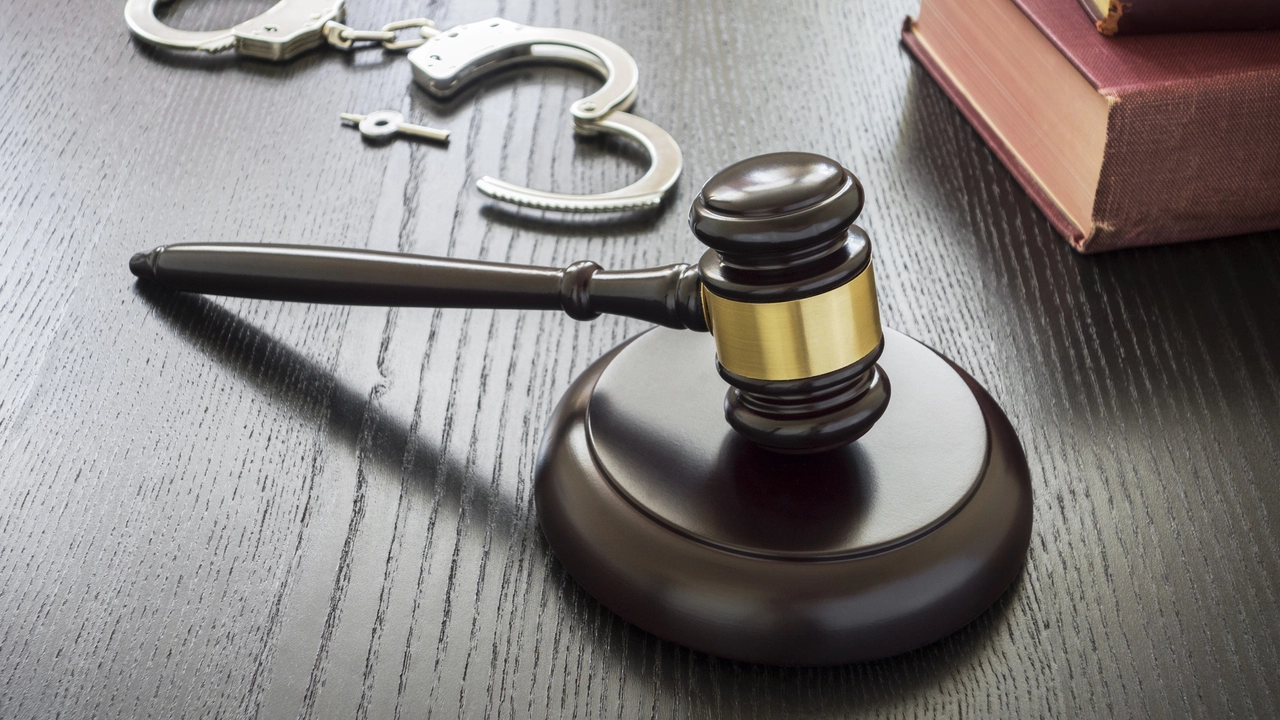Conviction: What It Means and Why It Matters
If you hear the word conviction, you might think of a courtroom, a guilty verdict, or even a firm personal belief. Both uses share one idea: a decision that sticks. Understanding this can help you navigate legal issues or strengthen your own values.
Legal conviction: the basics
A legal conviction happens when a judge or jury decides you broke the law. The process usually starts with an arrest, followed by a trial where evidence is presented. If the outcome is "guilty," the court then decides the punishment—like a fine, community service, or jail time.
Once convicted, the record stays on your criminal history. This can affect jobs, loans, travel, and even relationships. Some convictions can be appealed or reduced, but the original decision still counts until a higher court changes it.
Personal conviction: sticking to your beliefs
In everyday life, a conviction is a strong personal belief that guides your actions. It might be a political stance, a religious principle, or a moral code. People with firm convictions often act consistently, even when faced with pressure or criticism.
Having a clear conviction can boost confidence and help you make tough choices. However, it can also create conflict if your view clashes with others' values. The key is to stay open to new information while holding onto what matters most to you.
Both legal and personal convictions shape how society works. Laws often reflect collective beliefs about right and wrong, while individual convictions drive social change. Think of civil rights movements—people’s personal convictions turned into new laws that changed the legal definition of justice.
When you face a legal conviction, know your rights. You can request legal counsel, ask for a bail hearing, or explore options for early release. If you’re dealing with a personal conviction, try writing down why you hold that belief and how it influences your daily actions.
Remember, a conviction isn’t set in stone. In court, new evidence can lead to a reversal. In life, new experiences can shift your perspective. Being aware of this flexibility helps you stay adaptable.
For anyone looking to understand their own or others’ convictions, start with simple questions: What do I truly believe? Why do I think this? How does this belief affect my choices?
Answering these can clarify whether a conviction is healthy—supporting growth and fairness—or harmful, causing bias or injustice. Use that clarity to guide both legal decisions and personal growth.
Ultimately, whether you’re dealing with a courtroom verdict or a deeply held belief, a conviction is a powerful driver. Treat it wisely, stay informed, and you’ll navigate its effects more confidently.

No presumption of innocence once trial court convicts?
So, folks, here's the deal with this whole "No presumption of innocence once trial court convicts" thing. It's like when you're caught red-handed stealing cookies from the cookie jar, there's no going back to the "I'm innocent" plea, right? So, once a trial court bangs its gavel and says "Guilty!", the scales of justice weigh heavily on you. The presumption of innocence, my friends, packs its bags and heads for the hills, leaving us to wonder, can we ever get it back? But hey, on the bright side, at least we're not talking about actual cookies here, so no need to stress about any unexpected weight gain!